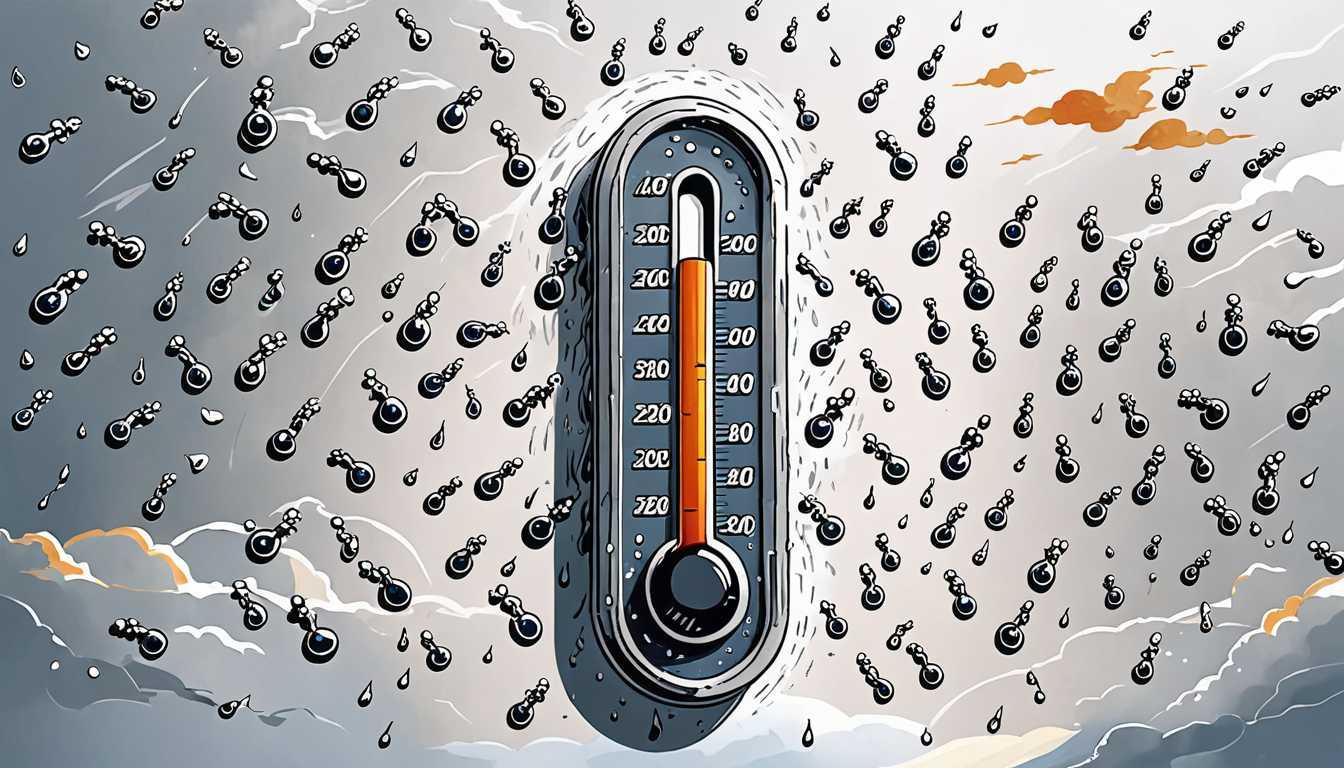Voluntary Carbon Markets: Hype or Hope?
October 2024
LSE Business Review
Introduction
Ever wondered how businesses tackle climate change? Check out this eye-opening article from the LSE Business Review! It dives into the world of voluntary carbon markets—those fancy credits companies buy to offset their emissions. While they sound great in theory, issues like inflated claims and measurement troubles make them less effective. The author, Ram Smaran Suresh Kumar, highlights the need for reforms to ensure these markets can genuinely support our fight against climate change. Let’s get reading and see what we can discover!
READ FULL ARTICLEWhy It Matters
Discover how this topic shapes your world and future
Unpacking the Carbon Conundrum
Understanding voluntary carbon markets is crucial in our fight against climate change. These markets allow companies to buy carbon credits, which represent a claim to reducing carbon emissions somewhere else. However, there are debates surrounding their effectiveness. For instance, some argue that companies may use these credits as an easy way out, avoiding the harder task of reducing their actual emissions. This is significant on a global scale, as the International Monetary Fund estimates that we need to invest trillions to achieve net-zero emissions by 2050. Voluntary carbon markets can help direct private funding toward projects that reduce emissions, especially in developing countries that need support. As a student, this topic might resonate with your concerns about climate change and the role you can play in advocating for more responsible practices in the environment.
Speak like a Scholar
Carbon Credits
A permit that allows the holder to emit a certain amount of carbon dioxide, one credit usually equals one ton of carbon dioxide.
Decarbonisation
The process of reducing carbon dioxide emissions from various sources, especially in industries and energy production.
Permanence
The assurance that the carbon removed or avoided through a project will not re-enter the atmosphere over time.
Additionality
The principle that a carbon reduction project must result in emissions reductions that wouldn't have happened without the project being funded.
Verification
The process of checking that the claims made about carbon credits are accurate and reliable, usually conducted by independent parties.
Co-benefits
Additional positive outcomes from environmental projects, such as improved biodiversity or benefits for local communities, that come along with carbon reduction efforts.
Independent Research Ideas
The Impact of Voluntary Carbon Markets on Local Economies
Investigate how local communities can benefit from carbon credit projects, including job creation and environmental improvements.
Technological Innovations in Carbon Measurement
Explore emerging technologies that could help improve the accuracy of measuring carbon emissions and credits.
Comparative Analysis of Carbon Credit Standards
Examine different certification systems worldwide and how they affect the effectiveness of voluntary carbon markets.
Behavioral Economics and Corporate Emissions
Delve into how psychology and incentives influence corporate decisions regarding emissions reductions and carbon offsets.
Long-Term Effects of Carbon Offsetting on Climate Policy
Research how reliance on carbon credits might shape future climate policies and the potential risks involved.
Related Articles

Energy Poverty: A Southern Heatwave?
October 2024
MIT News

Heat Pumps: Equality's New Frontier
June 2023
MIT Technology Review

California's Carbon Capture Revolution
June 2024
MIT Technology Review

Carbon Markets: Promise or Peril?
November 2023
MIT Technology Review

Carbon's True Cost: A Climate Wake-Up
September 2022
UC Berkeley